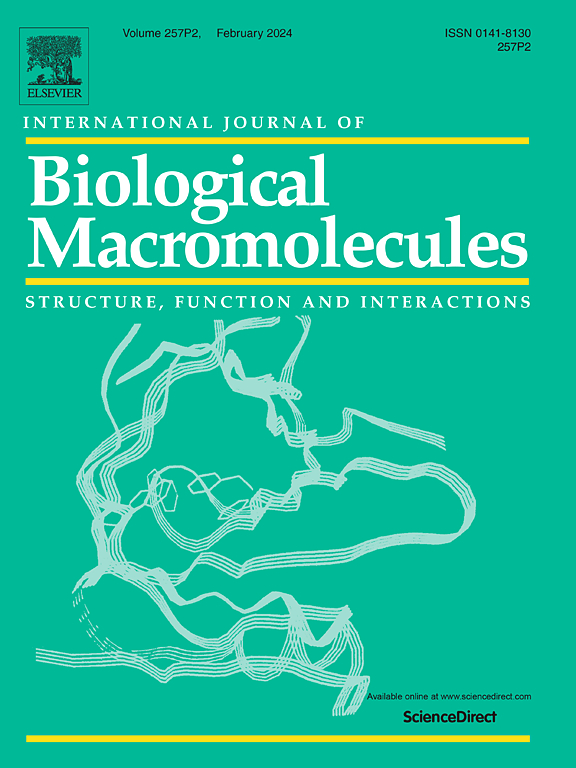Bimetallic nickel?cobalt sulfide derived from lignin-MOFs hybrid as a high-efficiency heterogeneous catalyst for hydrogenolysis of lignin dimers
Abstract
Lignin represents a significant source of aromatic hydrocarbons in the natural world. The production of high-value chemicals from lignin has the great potential to effectively address the issue of fossil energy scarcity. In this study, complex sulfides of nickel?cobalt bimetallic catalysts were prepared via hydrothermal synthesis and subsequently employed in the catalytic hydrogenolysis of CO bonds present in lignin. A series of complex sulfides Ni3S2/Co3S4-CSn-x-T derived from lignin-MOF (n?=?0.5, 1, 1.5 and 2; x?=?2, 4 and 6; T?=?400, 500, 600 and 700?°C), were prepared under different conditions and subsequently employed in the catalytic hydrogenolysis of lignin model compounds. The optimal catalyst Ni3S2/Co3S4-CS1-4-500 exhibited the highest conversion rate of benzyl phenyl ether (BPE) (about 97.3?%), and the yields of toluene and phenol produced were 49.5?% and 43.6?%, respectively with isopropanol as the reaction solvent and no external H2. The introduction of element sulfur in catalysts could effectively inhibit the further hydrogenation of generated aromatic chemicals. The catalysts were well characterized, and the results demonstrated that the catalysts exhibited high catalytic activity with an increased loading of active components. This study provided some novel findings for the construction of biomass-based catalysts and the production lignin-derived aromatic chemicals.





